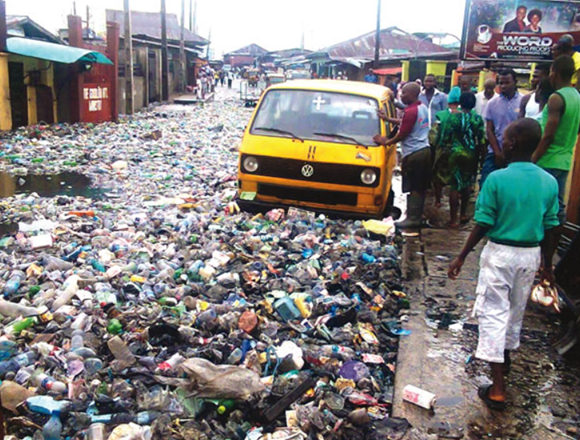The United Nations (UN) has revealed that around 5.9 million children in Nigeria are currently suffering from a severe food and nutrition crisis, marking the highest number worldwide.

Children suffering from a severe food and nutrition crisis – ARDnig
Approximately 5.9 million Nigerian children are facing a severe food and nutrition crisis, the highest globally. The crisis is particularly dire in the North-Eastern states of Borno, Adamawa, and Yobe, where 700,000 children under five are malnourished. The United Nations has launched a multi-sector plan to address this issue, requiring N306 million to support 2.8 million people and prevent the situation from becoming catastrophic.
The Alarming Crisis in Numbers
The severity of Nigeria’s food and nutrition crisis is stark, with the United Nations reporting that 5.9 million children are facing severe food insecurity, the highest globally. This crisis is not just a statistic; it is a reflection of widespread hunger and malnutrition that predominantly affects the North-Eastern states of Borno, Adamawa, and Yobe. In these regions, 700,000 children under the age of five are malnourished, underscoring the urgency of intervention.
This crisis, particularly affecting the North-Eastern states of Borno, Adamawa, and Yobe, is a stark reminder of widespread hunger and malnutrition. The United Nations’ 2024 Lean Season Food Security and Nutrition Crisis multi-sector plan aims to provide a comprehensive response, harmonizing with government efforts in food assistance, health, and water sanitation to prevent this situation from escalating into a full-blown catastrophe. Flooding, inflation, and the ongoing war in Ukraine have intensified the crisis, making it imperative for immediate and coordinated action. The UN estimates that N306 million is needed to support 2.8 million people during the lean season. highlighting an urgent need for coordinated action to address this crisis.
Multi-Sector Plan for Relief
To combat this crisis, the United Nations has launched the 2024 Lean Season Food Security and Nutrition Crisis multi-sector plan. This initiative aims to harmonize with existing government efforts in food assistance, health, and water sanitation. By integrating resources and strategies, the plan seeks to provide a comprehensive response to the crisis, focusing on the most vulnerable regions. The goal is to prevent the current situation from escalating into a full-blown catastrophe.
Factors Making the Crisis Worse
Several things are making Nigeria’s food and nutrition crisis worse. Flooding, rising prices, and the ongoing war in Ukraine have all made it harder for people to get enough food. These problems have hit struggling communities the hardest, putting millions of people at risk. This shows how important it is to take immediate and coordinated action.
Nutrition Crisis -ARDnig
Financial Requirements for the Initiative
The United Nations estimates that N306 million is required to support 2.8 million people during this year’s lean season, which spans from June to September. This funding is crucial to provide food assistance and nutrition support to those in need. Without this financial support, the crisis could worsen, leading to more severe health outcomes and increased mortality rates among the affected populations.
Government and Global Response
In response to this dire situation, Nigeria declared a national emergency on food security on July 13, 2023. This declaration aims to mobilize resources and attention towards addressing the crisis. However, the efforts of the Nigerian government need to be complemented by global support and intervention. The international community must rally to provide the necessary funds and resources to prevent the situation from deteriorating further.
The food and nutrition crisis facing Nigeria, particularly in the North-Eastern states, is a grave concern that demands immediate and coordinated action. The United Nations’ multi-sector plan provides a roadmap for addressing this issue, but substantial financial and logistical support is required. The compounded effects of natural disasters, economic instability, and global conflicts have intensified the crisis, making it more difficult for vulnerable populations to access essential resources. It is imperative for both the Nigerian government and the international community to collaborate and mobilize the necessary resources to prevent further deterioration and save millions of lives. By addressing the root causes and providing sustained support, we can work towards a future where no child in Nigeria has to suffer from hunger and malnutrition.










